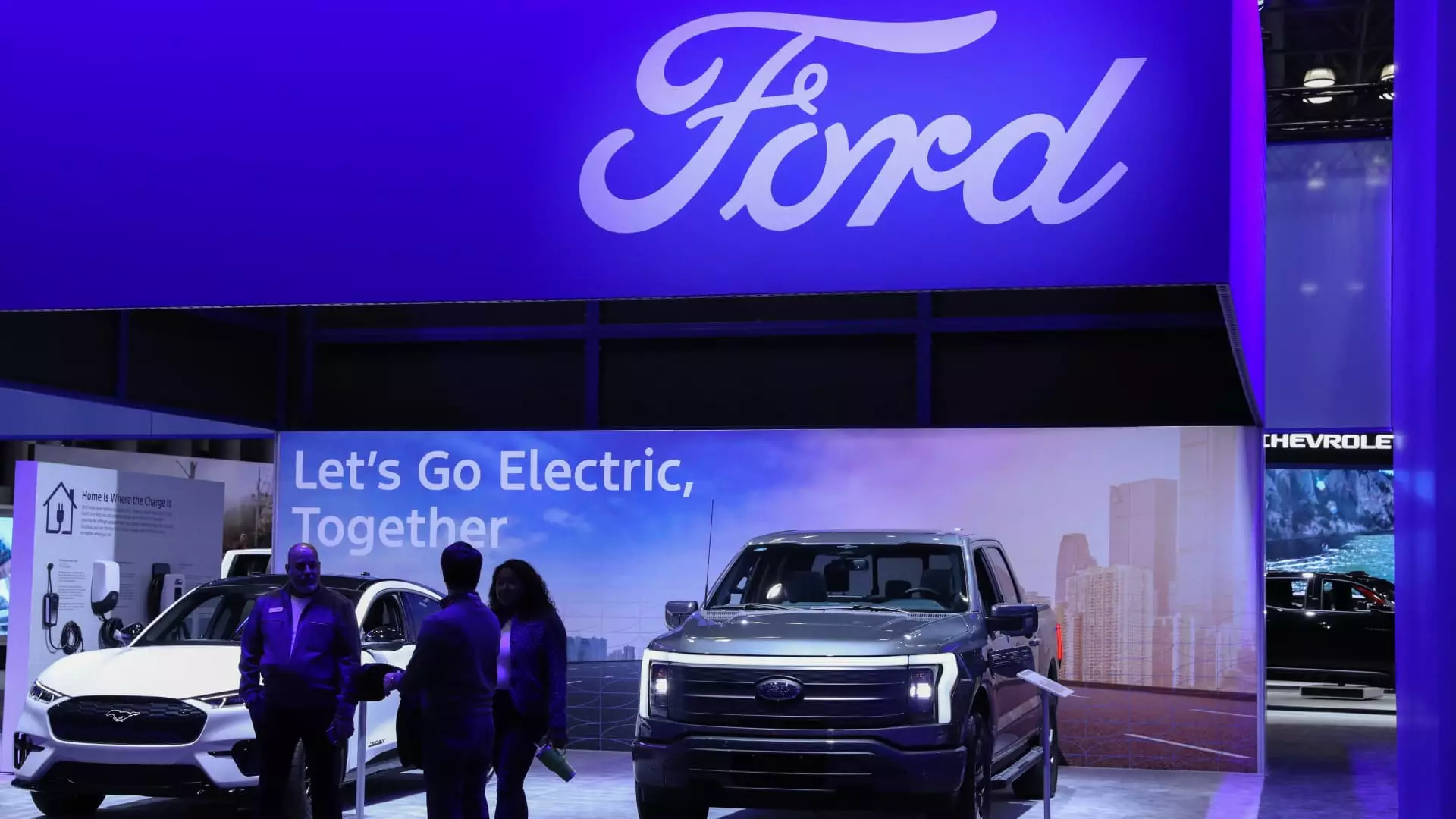Ford Motor recently announced a significant shift in its electric vehicle strategy, opting to delay production of a next-generation all-electric pickup truck at a new plant in Tennessee. Additionally, plans for a three-row electric SUV have been canceled. Instead, Ford is focusing on the development of hybrid models and electric commercial vehicles.
Ford CFO John Lawler emphasized the company’s competitive advantage in commercial land trucks and SUVs. The decision to prioritize the development of hybrid models and electric commercial vehicles, such as a new electric commercial van in 2026, reflects a strategic shift in response to market trends and customer preferences.
Implications
While the shift in strategy is aimed at delivering a capital-efficient and profitable electric vehicle business, it is not without its challenges. Ford anticipates incurring a special noncash charge of approximately $400 million for the write-down of certain product-specific manufacturing assets, including the cancellation of the three-row SUV. Additional expenses and cash expenditures of up to $1.5 billion are also expected as a result of the changes.
The full-size electric truck is set to be produced in 2027 at the Tennessee plant that is currently under construction. In addition, a new midsize truck is being developed by a specialized “skunkworks” team in California. The delay in production of the next-generation electric vehicles comes as Ford prepares to shift its future capital expenditure plans from spending 40% on all-electric vehicles to spending 30%.
The decision to delay production of the all-electric pickup truck and cancel plans for the three-row SUV reflects Ford’s commitment to being nimble and responsive to customer feedback. The automaker aims to provide customers with more electrification choices as it shifts its focus to commercial vehicles and hybrid models.
Ford’s future plans include the rollout of a new generation of electric vehicles, starting with a commercial van that will be assembled at the Ohio Assembly Plant in 2026. The company remains committed to updating its current lineup of all-electric vehicles, such as the Ford Mustang Mach-E crossover and F-150 Lightning pickup truck. Ford plans to provide investors with an update on electrification, technology, profitability, and capital requirements in the first half of 2025.
Overall, Ford’s decision to shift its electric vehicle strategy towards commercial vehicles and hybrid models reflects a strategic response to market trends and customer preferences. While the changes may result in short-term costs for the company, the focus on capital-efficient and profitable electric vehicle business is likely to position Ford for long-term success in an increasingly competitive market.

Leave a Reply